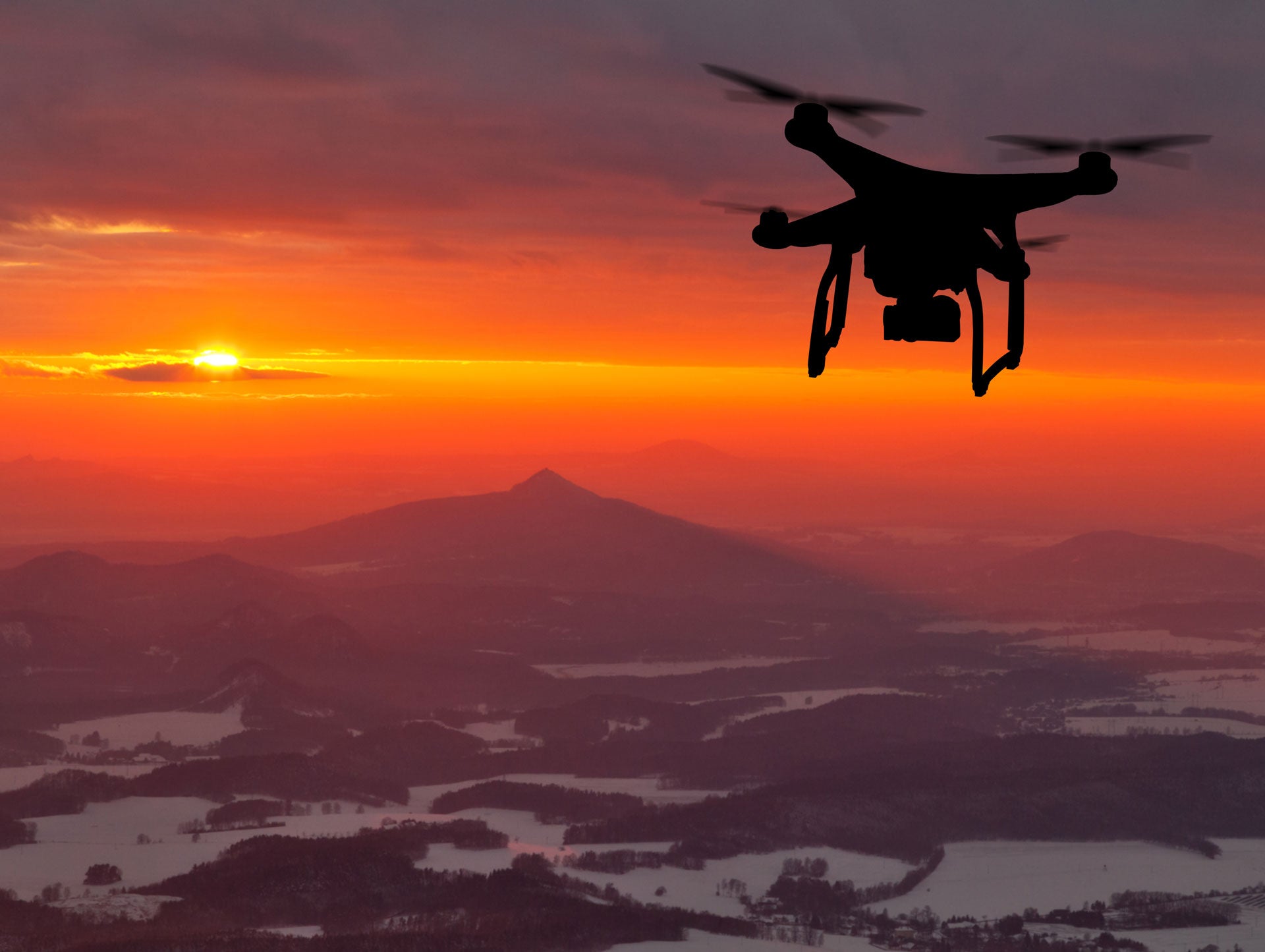
Parrot, a leading European drone company, has announced it is providing drones and software for non-governmental organisation (NGO) Human Rights Watch.
The use of drone surveillence raises a number of questions surrounding the right to privacy, but drones can also be a valuable tool in investigating human rights violations.
Parrot, which is focused on the agriculture, 3D mapping, surveying and inspection and defense and security markets, is providing its ANAFI drones, along with software and technical support to assist in Human Rights Watch investigations.
How Parrot drones are being used to support Human Rights Watch investigations
During a recent Human Rights Watch investigation into ISIS, Parrot, which is the world’s second biggest consumer drone company by market share, provided support in capturing aerial imagery and 3D data of a suspected mass grave site used by ISIS in northern Syria, which the NGO has been investigating since 2017.
The dangerous environment meant it was important for Human Rights Watch investigators to use drones to capture imagery of the site, which was located at the bottom of the al-Hota gorge, with drones able to access areas unsafe for humans and also gather data quickly and efficiently.
Data collected by the drones was then used to create a 3D topographical model of the area, which was then used to further the investigation
How well do you really know your competitors?
Access the most comprehensive Company Profiles on the market, powered by GlobalData. Save hours of research. Gain competitive edge.

Thank you!
Your download email will arrive shortly
Not ready to buy yet? Download a free sample
We are confident about the unique quality of our Company Profiles. However, we want you to make the most beneficial decision for your business, so we offer a free sample that you can download by submitting the below form
By GlobalDataHuman Rights Watch’s investigation was published today, titled Into the Abyss: The al-Hota Mass Grave in Northern Syria. It has called on local authorities in the region to “treat al-Hota and other suspected ISIS mass graves in Syria as crime scenes, identify the victims at the bottom of the gorge, notify the families of those who were killed, and hold accountable those who committed atrocities”.
“Human Rights Watch is doing incredibly important work around the world,” said Henri Seydoux, chairman and CEO of Parrot. “We are honored to push the boundaries of how our technologies can be applied to help them in their missions.”
Read more: Orangutan conservation breakthrough pairs drones with space technology.







